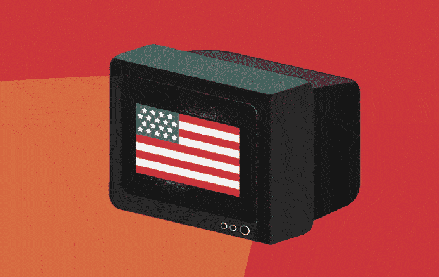‘Many misunderstandings and inaccuracies’: Google issues retort to critical Privacy Sandbox report

Google has responded to a critical analysis from the IAB Tech Lab’s Privacy Sandbox Task Force in what has to be one of the most prolonged diplomatic missions in the history of the online giant.
While the wording makes Google’s response to the IAB Tech Lab’s Privacy Sandbox use case assessment short of a full-on rebuke, it maintains the Task Force “appears to ignore” the principles of privacy-enhancing technologies.
“In our view, the analysis contains many misunderstandings and inaccuracies, which we consider important to correct in order to provide accurate information to the ecosystem,” reads the response, published Feb. 15.
However, the response seeks to balance such wording with a conciliatory tone, emphasizing the importance of cooperation and ongoing dialog, maintaining that it is attempting to ensure “the ecosystem has the most up to date [sic], accurate information.”
The publication of the response was in reaction to the trade body’s findings, which are currently open for public comment until March 22, that highlight how “the industry isn’t ready yet,” given the current documentation supplied by Google.
However, Google maintains that many such assertions are incorrect with its “clarifications” (broadly speaking) falling into four brackets (see bullet points below for its exact wording).
- Corrections to assumptions or use case gaps that are supported by the Privacy Sandbox APIs
- Use cases that are currently not supported by third-party cookies and are thus out of scope
- Feedback and/or proposals that could potentially recreate cross-site tracking and go against privacy-preserving goals
- Areas where the solution should be determined by the ad tech provider (not the browser or platform) or where the ad tech provider needs to adapt new tactics building on top of Privacy Sandbox
Speaking with Digiday, Victor Wong, senior director of product management at Google, claimed in most cases where the Task Force stress-tested the 44 digital advertising use cases contained within the available Privacy Sandbox APIs (and found few were fit-for-purpose), few acknowledged the need for PETs to evolve.
“People are asking basically for things without really thinking about how does this improve privacy, or does this degrade privacy?,” he said, adding, “The second thing I noticed from the report is that 40% of the use cases that were mentioned had material inaccuracies.”
More in Media Buying

Publicis intends to acquire Influential as it expands influencer marketing offerings
Publicis Groupe on Thursday said it will acquire influencer marketing company and platform Influential to expand its influencer marketing services.

Brandtech Group accelerates AI experimentation through a creator residency program
The Brandtech Group is launching an influencer marketing residency program to continue expanding its generative AI projects.

Nexxen adds CTV tools to tap into political ad market growth
Nexxen has new tools for political advertising that let campaigns geo-target voters, optimize campaigns and analyze trends






